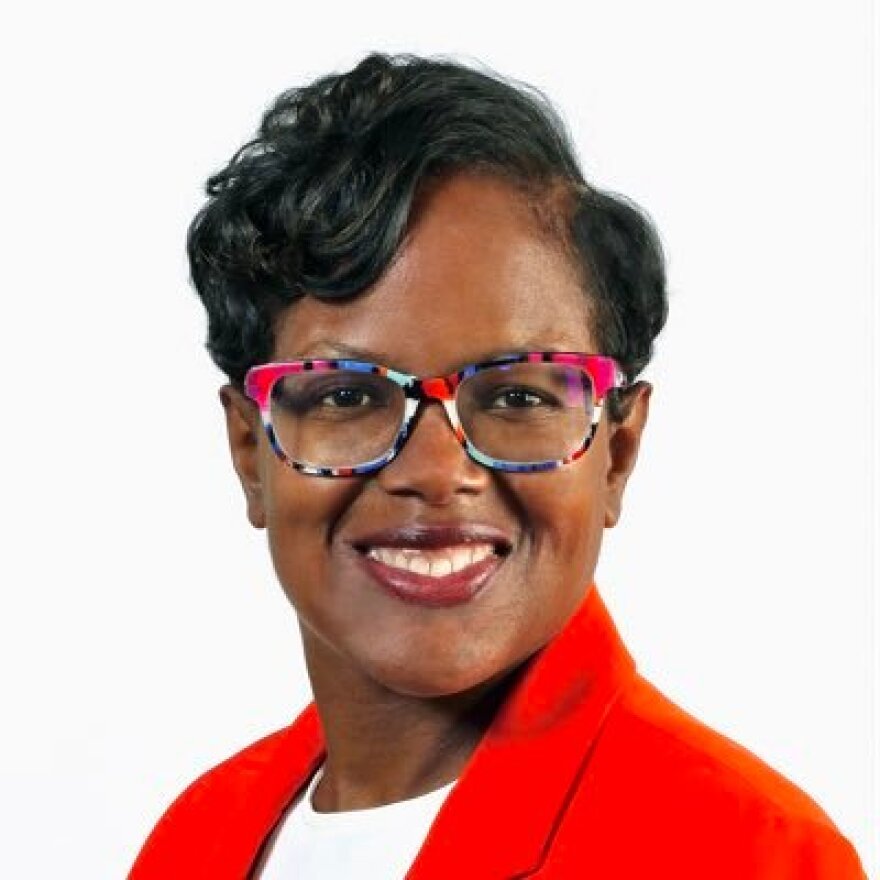Three separate state agencies are responsible for doling out funding for pre-K programming in Illinois. That makes it harder for providers and parents alike to navigate the bureaucracy to obtain funding and services.
Last year, the Illinois Commission on Equitable Early Child Education and Care Funding recommended a new approach emphasizing more coordination.

Cicely Fleming is state director of Birth to Five Illinois, the new agency designing a statewide regional and local infrastructure for early childhood education and care.
"Instead of our state agencies using a variety of data points to try to determine where they needed to increase or even decrease early learning opportunities, we're trying to kind of redesign the system so that those decisions that are made on the state level really are coming from exactly what the community has identified as their priorities," said Fleming.
Birth to Five Illinois recently completed hiring 39 regional council managers around the state, aligned with Regional Offices of Education. That includes Kari Clark in Peoria County. Those managers will organize action councils comprised of local officials, business owners, and faith leaders to advocate for early childhood education. Adjoining family councils will offer a way for parents and caregivers to offer input.
"We need to hear from everybody so we can make sure that we're partnering with you to really advocate on the state side, and in terms of what you need," Fleming said. "And that's going to be so different across the state because our state is so diverse in a variety of ways. That's why this focus is on local."
The councils will complete a "regional scan," or essentially, a needs assessment, Fleming said. Those will be assembled by Birth to Five into a larger presentation for state agencies.
"Our role really, is to make sure we educate the state entities on what we're finding and what the needs are. And obviously, you know, encourage them to meet those needs as best they can," she said.
Fleming noted the Commission found disparities in kindergarten readiness on a variety of levels, across various racial, economic, and geographic backgrounds.
"If we don't talk to the community and to the parents, we don't really know why certain kids are entering not kindergarten ready, whether it's because they don't have access to quality care, (or) it's because the care that's available does not meet their family's needs," she said.
Fleming said many parents don't feel it's safe to bring their kids back due to COVID-19, and prefer home-based care, but the state has also lost a lot of homecare providers in recent years. She said there's also no state-subsidized early learning happening available in the evenings for kids whose parents who work night shifts.
"I think the only way we can kind of look at those inequities and really fix them is to understand why they exist, understand why they exist on our side in the system, and understand why they exist on the parents' side," Fleming said. "And I think unfortunately, a lot of times, decisions are still made from a deficit model. So we assume that African American families aren't reading to their kids at night, or Latinx families aren't putting their kids in home daycare."
Instead, she said assumptions are often made. In Chicago, for example, there's a waitlist for Head Start programming. But Fleming said the reasons aren't well-understood. She said it's unclear if Head Start has a waitlist because it is more affordable, has better hours, or simply because it's the only option available for many families.
Ultimately, Fleming said Birth to Five wants to shift the focus from early childhood education to the whole child, including the housing and behavioral health issues which can negatively impact a child's development.
"What are those other supports that we know we need to get to our youngest learners so that they can thrive in our schools? Because school makes up only one piece of that," she said.


